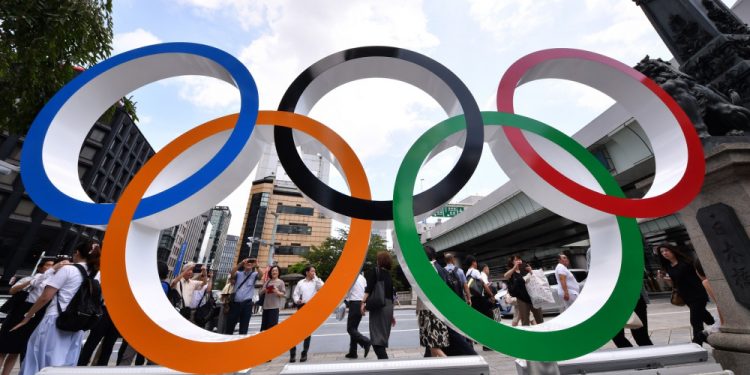Citius, Altius & Fortius (in Latin), which means ‘Faster, higher & stronger’ – this is the motto of Olympics. But, the motto should be twisted a bit – ‘Faster, stronger & stranger’ – considering its history of cancellation or postponement.
The deputy Prime Minister of Japan Taro Aso, who has a history of making gaffes, told a parliamentary committee that the Olympics appeared to be blighted by world events every 40 years. “It’s a problem that’s happened every 40 years – it’s the cursed Olympics, and that’s a fact,” Aso pointed out.
And to some extent, it’s true. The coronavirus pandemic pushed this year’s Tokyo Olympics, scheduled from July 24 to August 9, to next year.
Let’s take a look at some Olympic Games which were cancelled or cursed…
A field, not for sports but for battle
Berlin was all set to host the 1914 Games, but it had to be scrapped due to the World War I. The war began in 1914 and continued till 1918. It dashed not only Berlin organisers’ hopes, but also shattered many athletes’ dreams. However, Berlin got its chance in 1936, where Indian hockey legend Dhyan Chand’s wizardry with the stick impressed all, including, reportedly, the otherwise hate-filled Adolf Hitler.
Yet another war crisis
1940 Summer Games, set to be hosted by Japan, and the Winter Olympics same year in Sapporo, were also cancelled due to war. The World War II started in 1939. Japan, however, (finally) became the first Asian country to host the Olympics in 1964.
War jinx continues
The World War II also claimed the 1944 London Games. The winter Olympics, to be staged in Cortina d’Ampezzo, Italy the same year, were also cancelled. The war ended in 1945, and London’s good work paid off as they were awarded the tag of hosts for the 1950 Games.
Munich tragedy
Earlier, when war played spoilsport in 1972, this time terrorists made their presence felt, in a quite unexpected manner, resulted from political conflicts. The tragic period is known as the ‘Black September’.
A Palestinian terrorist outfit killed 11 Israeli athletes and a West German police officer. After the hostages were taken, the Games were suspended for 34 hours, a first in its history. It was later decided to resume the Games, a call which polarised athletes as well as spectators.
Political turmoil
The 1980 Moscow Olympic Games saw many competing nations pull out. And it resulted from the Cold War between the USSR and the United States. The Soviet Union had invaded Afghanistan in 1979, and in protest, 65 countries didn’t take part in the Moscow Games. The Olympics took place but with depleted fields.
Russia returns the favour
Four years after Moscow 1980, the US played host to the Games. And this time, it was Russia’s turn to thumb their nose at the US and boycott the razzmatazzy edition of the Games, held in Los Angeles.






































